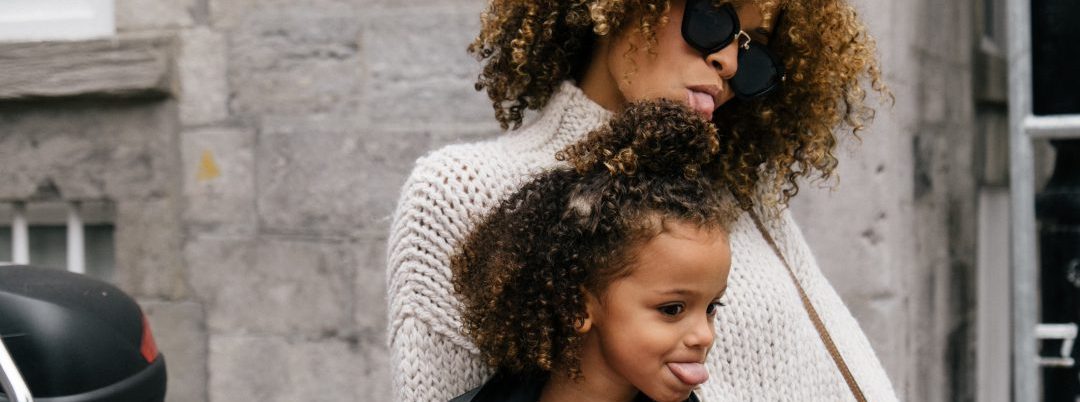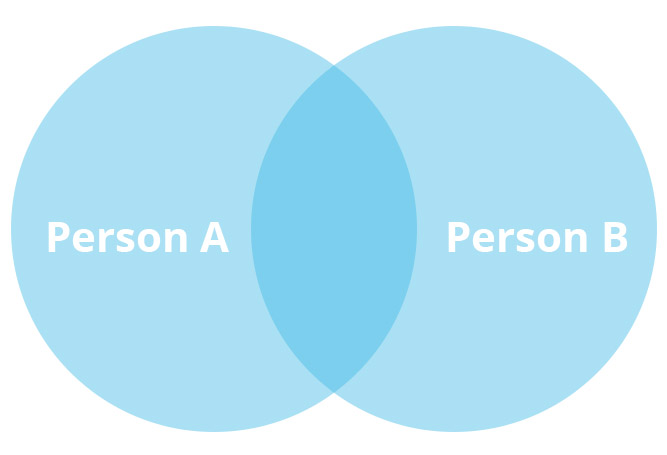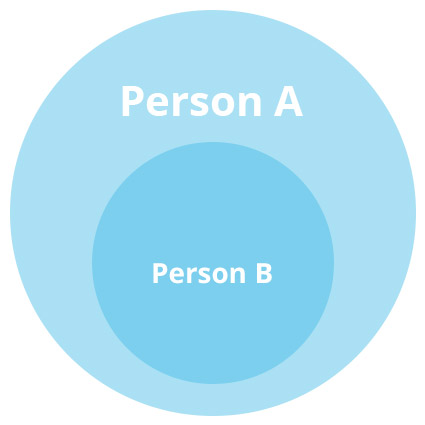
Let’s Talk About Love
With the emergence of adolescence comes the emergence of intimate relationships. Intimacy can be a scary word for parents because our mind goes right to physical intimacy, and who wants to think of their child in a relationship like that? Intimacy, however, is also a feeling of emotional connectedness, acceptance, belonging, understanding and friendship.
I think all parents want their children to experience those components in any relationship. Unfortunately, many pre-teens and teens don’t understand what a healthy relationship really looks like.
For example:
- Jealousy does not equal love
- Being controlling does not equal love
- Expecting to be with each other (or in contact with each other) at every given moment does not equal love
- Sex does not equal love
Teens will fall into bad relationships for a number of reasons. They might be trying to climb the social ladder and be willing to do whatever it takes to get to the top, they might have a poor sense of self and feel validated by someone who is controlling or jealous, they might be very insecure and fear a break-up if they don’t do everything the other person asks of them, or they might just be inexperienced with intimate relationships and not know what to expect.
Teaching young adolescents to recognize what is healthy and what is toxic is important for their future success with intimate relationships. So what can you do to help them understand?
Read Them Their Rights!
No, not those kind of rights, but their personal rights. We all have them, we all are entitled to them and nobody should be able to take them away from us.
Personal Bill of Rights:
1. I have the right to ask for what I want.
2. I have the right to say no to requests or demands I cannot meet.
3. I have the right to express all of my feelings, positive or negative.
4. I have the right to change my mind.
5. I have the right to make mistakes and to not have to be perfect.
6. I have the right to follow my own values and standards.
7. I have the right to say no to anything when I feel I am not ready, it is unsafe or it
violates my values.
8. I have the right to determine my own priorities.
9. I have the right not to be responsible for others’ behaviors, actions, feelings or
problems.
10. I have the right to expect honesty from others.
11. I have the right to be angry at someone I love.
12. I have the right to be uniquely myself.
13. I have the right to feel scared and say, “I’m afraid.”
14. I have the right to say, “I don’t know.”
15. I have the right not to give excuses or reasons for my behavior.
16. I have the right to make decisions based on my feelings.
17. I have the right to my own needs for personal space and time.
18. I have the right to be playful and frivolous.
19. I have the right to be healthier than those around me.
20. I have the right to be in a non-abusive environment.
21. I have the right to make friends and be comfortable around people.
22. I have the right to change and grow.
23. I have the right to have my needs and wants respected by others.
24. I have the right to be treated with dignity and respect.
25. I have the right to be happy.
(Author Unknown)
Teach the Difference: What’s Healthy, What’s Not?
Healthy relationships are based on equality:
- Honesty and accountability
- Nonthreatening behavior
- Negotiation and fairness
- Communication
- Shared responsibility
- Respect
- Trust and support
- Independence and autonomy
Unhealthy relationships are based on power and control:
- Peer pressure
- Emotional abuse
- Using social status
- Intimidation
- Minimize/deny/blame
- Threats
- Sexual coercion
- Isolation/exclusion
- Using jealousy to justify actions
“Teens, Healthy Relationships & Intimacy”
Use a Visual!
In a healthy relationship, each person has his/her own interests, activities, friends, likes, and dislikes, but they also share some common interests, activities, friends, likes, and dislikes as indicated by the overlapping circles:

In an unhealthy relationship, the people are enmeshed and do not have enough autonomy. They have lost their independence and their own “self” as indicated by the circle trapped in the other circle:

It is important to teach young adolescents what is meant by a healthy intimate relationship. When they recognize the early signs of a toxic one, they can get out of it easier without losing their sense of self.
When they are able to maintain their personal rights, they will feel empowered and in control of their life. Furthermore, when they find themselves in a healthy relationship, they will reap the benefits of feeling connected, accepted, understood, respected and loved.
Want to learn more about healthy relationships? Leave a comment below or contact Thriveworks Birmingham Counseling.
Let’s keep in touch! Sign up to receive our newsletter:
Start a Relationship with An Exceptional Counselor
- Skilled and caring professional counselors
- Accepting all major and most insurances
- High-touch customer service & premium benefits
- Same- or next-day appointments
- Ultra-flexible 23.5hr cancellations














Hi. This is very well set out. I’m working with some teenagers on Healthy Relationships / Domestic Abuse. I already know a lot of this but it has given me some new pointers. Do you do any training for practitioners? I am a counsellor but fresh training in particular areas is always helpful.
Hi, thanks for reading and for your response! I don’t currently do any trainings on this topic, but it would be something for me to consider in the future! I think it is important to teach tweens and teens about healthy relationships from the beginning so that they can continue to make good choices in adulthood and have the confidence to do so. Much continued success in your work with this population!
What a wonderful, hopeful and insightful piece.
You addressed one of the most challenging topics related to adolescent development and offered excellent strategy on how to challenge potentially damaging and misguided beliefs (most likely taught or observed) and promote mature thinking about self in the context of relationship–really enjoyed the piece!!!
Thanx.
Wow, thank you! …I speak on behalf of Thriveworks, though probably mirror the the author’s thoughts too…
Thank you so much for the kind feedback, much appreciated!
Loved the article!
Thanks so much!